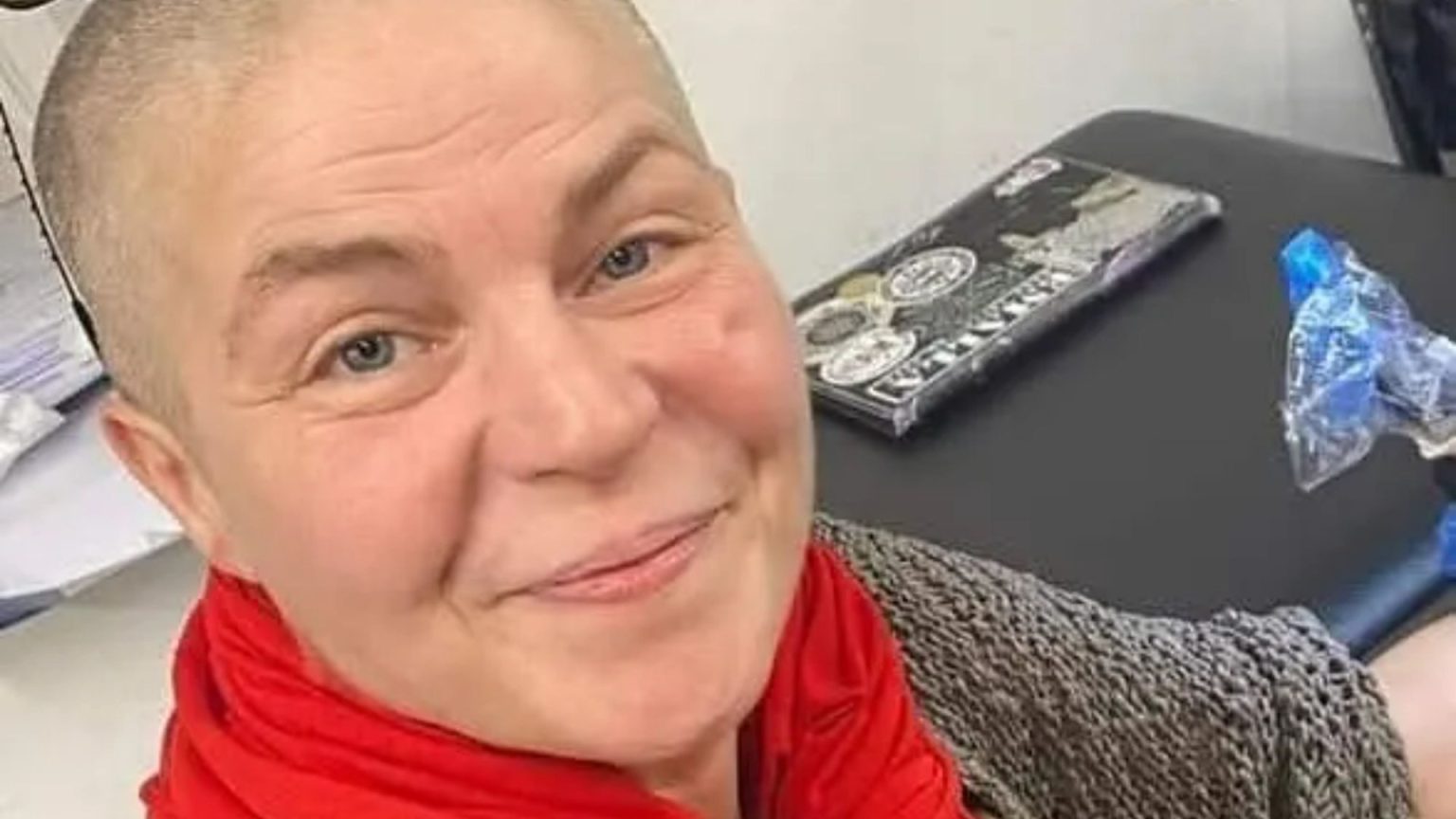Cheryle Brandon, a 51-year-old criminal law advisor from Surrey, experienced a harrowing journey with oesophageal cancer, a disease she initially dismissed as mere indigestion. Her symptoms began subtly in April 2022 with mild indigestion, which was temporarily alleviated by anti-acid medication prescribed by her doctor. Months later, however, a persistent tightness in her throat emerged, evolving into difficulty swallowing, particularly with solid foods like steak. Cheryle initially rationalized these symptoms, attributing them to a fast eating pace or a concurrent chest infection and sore throat, failing to connect the dots to a more serious underlying issue.
As her swallowing difficulties worsened, Cheryle finally sought medical help, undergoing an endoscopy which revealed a growth near her windpipe. A subsequent biopsy confirmed the devastating diagnosis: oesophageal cancer. This diagnosis was particularly shocking to Cheryle as the disease typically affects older men, making her case quite rare. Oesophageal cancer is notoriously aggressive, with a lower survival rate than many other common cancers. Statistics from the Less Survivable Cancers Taskforce and the Oesophageal cancer charity Action Against Heartburn highlight the grim reality of this disease, with one-year survival rates significantly lower than other cancers and only a small percentage of patients surviving five years or more.
The news worsened as doctors discovered the tumour, affectionately nicknamed “Geraldine” by Cheryle, had infiltrated her windpipe, rendering it inoperable due to its proximity to her heart. With a prognosis of only months, Cheryle was advised to prepare for the worst, having difficult conversations about DNR orders and funeral arrangements. Despite the devastating news, Cheryle remained remarkably stoic, refusing to succumb to anger or self-pity. The physical toll of the disease was also evident, as her weight plummeted from a size 16 to a size 10, necessitating the fitting of a feeding tube.
In February 2023, Cheryle embarked on an aggressive chemotherapy regimen, presented as a last-ditch effort to combat the cancer, with the potential for palliative care if curative treatment failed. The chemotherapy was grueling, leaving her exhausted and sleeping for up to 20 hours a day. Despite the debilitating side effects, she experienced some improvement in her ability to eat solid food. However, the subsequent five weeks of radiation therapy proved even more challenging, leaving her unable to walk or swallow and further depleting her weight to a size 6. She also suffered from dehydration, urine retention, dangerously low blood pressure, and debilitating dizziness and lightheadedness due to nerve damage.
A seemingly unrelated infection of her feeding tube led to a CT scan, which Cheryle pragmatically suggested be used to assess the tumour as well. This decision proved pivotal. In a surprising turn of events, the oncology team informed Cheryle that the scan showed no signs of cancer. Initially disbelieving, Cheryle questioned the accuracy of the information, suspecting a mistaken file or incomplete scan. However, the team confirmed the remarkable news: the cancer had vanished.
Despite the elation of this unexpected remission, Cheryle experienced complex emotions. The sudden absence of the tumour, which had consumed her life for months, left her feeling disoriented and almost grieving its loss. She described it as a strange form of Stockholm Syndrome or survivor’s guilt, demonstrating the profound psychological impact of a cancer diagnosis and treatment. Now cancer-free, Cheryle dedicates her time to raising awareness about oesophageal cancer, sharing her story to encourage others to seek early testing and advocate for their health. Her recent fundraising efforts, including a rave, and partnership with the charity GUTS UK aim to empower individuals to recognize the symptoms and push for timely medical intervention, potentially saving lives.
Cheryle’s story emphasizes the importance of early detection and persistent advocacy in healthcare. Her initial dismissal of symptoms as simple indigestion highlights the need for individuals to be vigilant about their health and seek medical attention when experiencing persistent or unusual symptoms. Her proactive suggestion to utilize the CT scan for a broader assessment underscores the crucial role patients can play in their own care. Finally, her commitment to sharing her experience serves as a powerful call to action, urging others to be aware of the subtle signs of oesophageal cancer and to advocate for thorough medical investigation. Her message is clear: if you have concerns that are being dismissed, seek a second opinion and insist on necessary tests like an endoscopy. Cheryle’s story is a testament to the importance of perseverance, both in battling the disease and in advocating for early detection and awareness.




